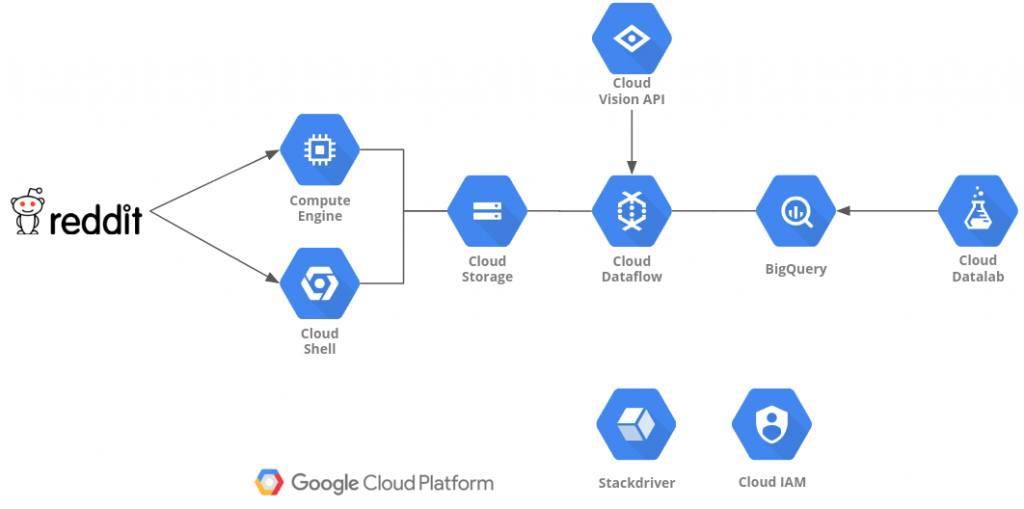Blog posts tagged with 'python''
- QGIS is the mapping software you didn't know you needed
2023-01-24: QGIS is incredible: You can build maps that make use of the absolute wealth of public data out there and put Google Maps to absolute shame. This article is doing just that.
qgisgeospatialgpsopen sourcepython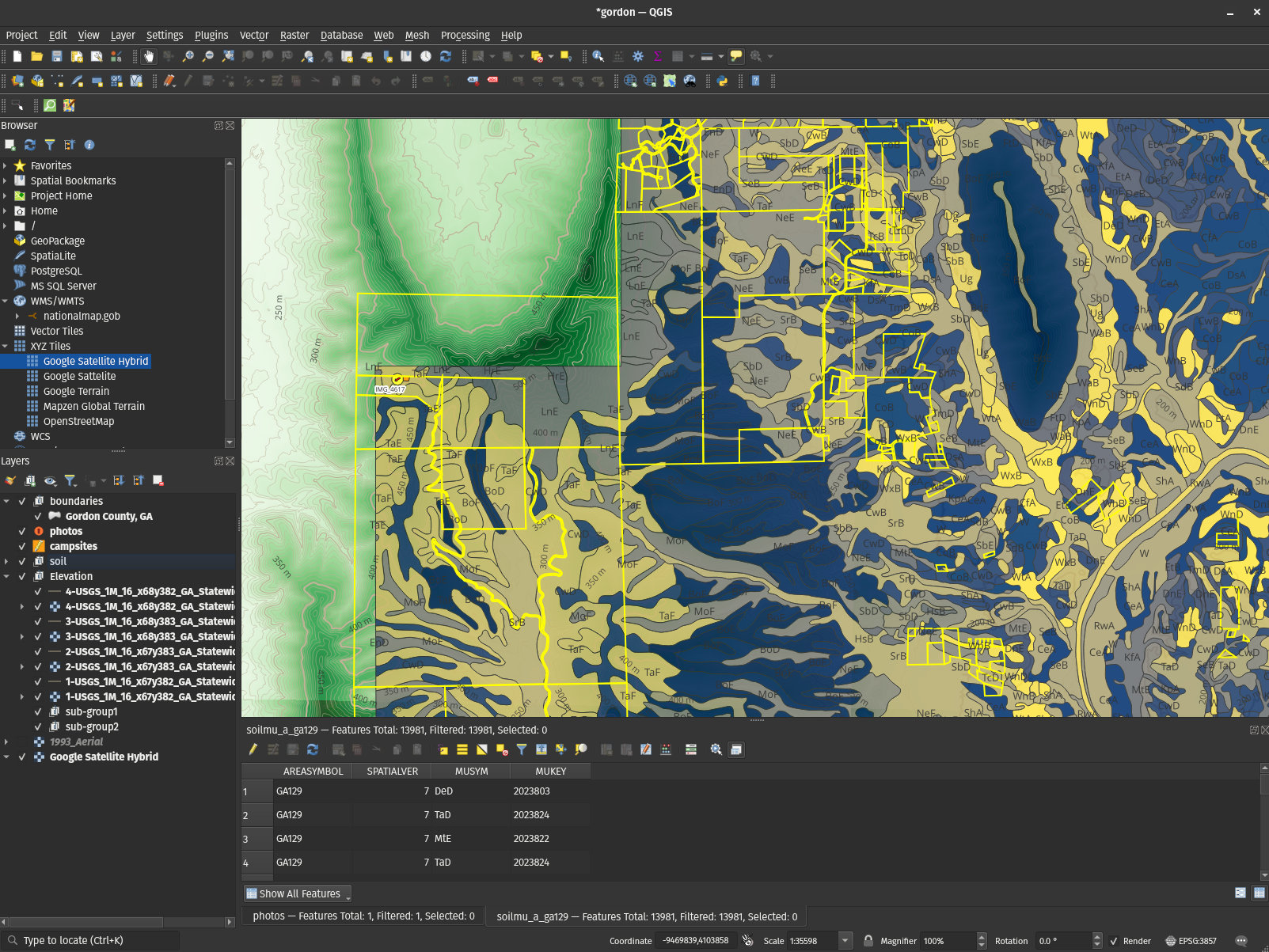
- Tiny Telematics: Tracking my truck's location offline with a Raspberry Pi, redis, Kafka, and Flink (Part 1)
2022-08-29: Building custom Linux images, dealing with a 40 year old GPS standard, & trying to shoehorn functional programming into Python: Tracking vehicle location offline with a Raspberry Pi. (Part 1)
pythonscalalinuxtelematicsgpstypesfunctional programming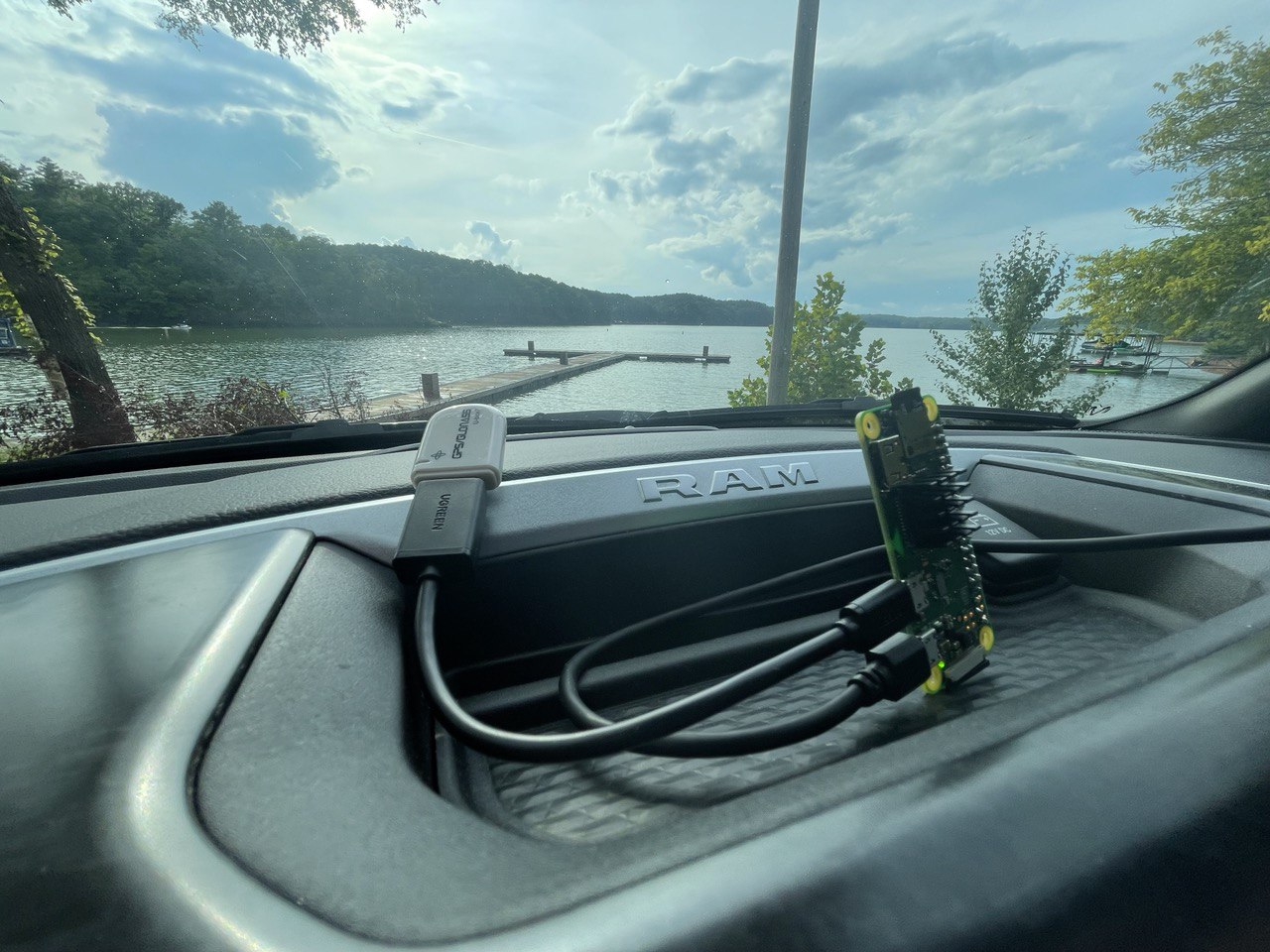
- Functional Programming concepts I actually like: A bit of praise for Scala (for once)
2022-06-01: Types, type classes, implicits, tagless-final, effects, and other things: Not everything in the world of functional programming is bleak and overly academic. A view on FP & scala concepts someone who loves to complain actually likes.
scalafunctional programmingoopproceduraljavapythongotypescript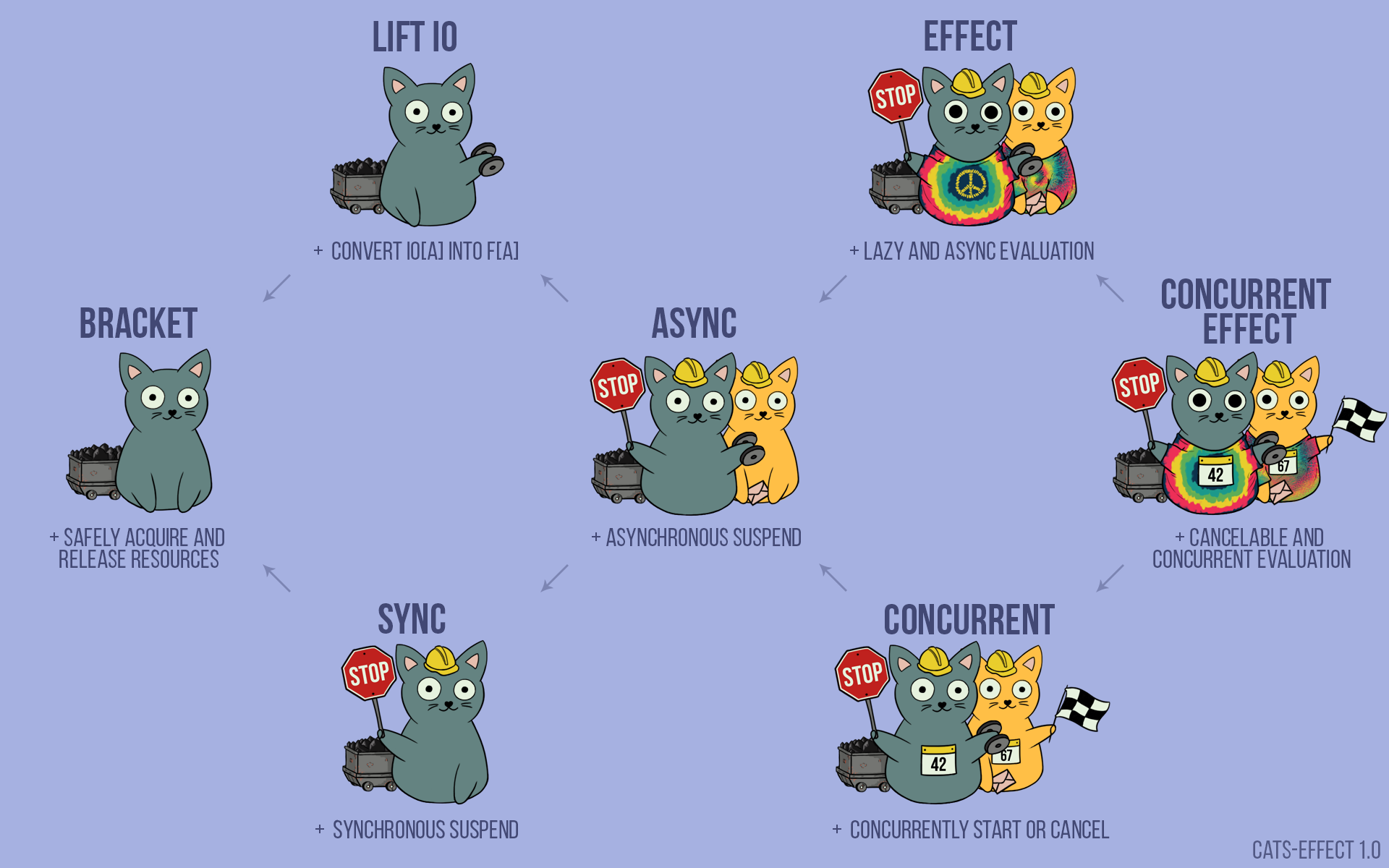
- Building a Data Lake with Spark and Iceberg at Home to over-complicate shopping for a House
2021-12-03: How I build what is essentially a self-service Data Lake at home to narrow down the search area for a new house, instead of using Zillow like a normal person, using Spark, Iceberg, and Python.
scalasparkicebergpythonsqltrinogeopandasbig datahadoophiveprestogeospatial dataanalytics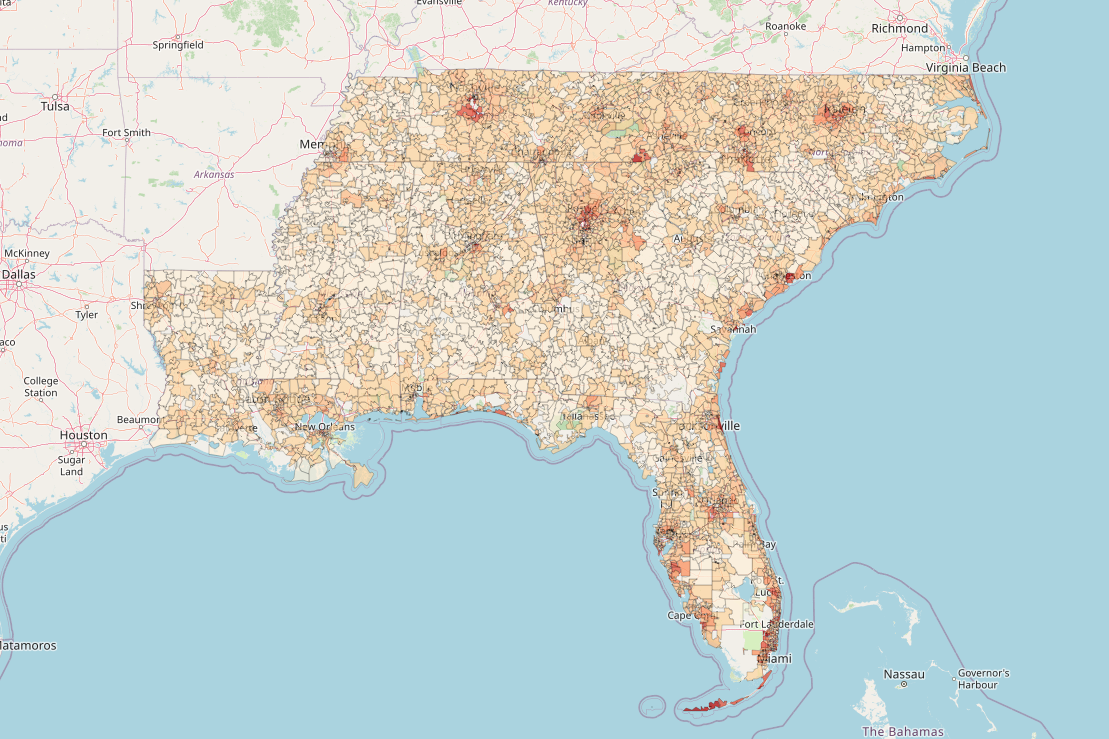
- Raspberry Pi Gardening: Monitoring a Vegetable Garden using a Raspberry Pi - Part 2: 3D Printing
2021-07-03: Part 2 of throwing Raspberry Pis at the pepper plants in my garden: On the topics of 3D printing, more bad solder jobs, I2C, SPI, Python, go, SQL, and failures in CAD.
pythongoraspberrymakeri2celectronicsspiapirestlow levelcad3d printing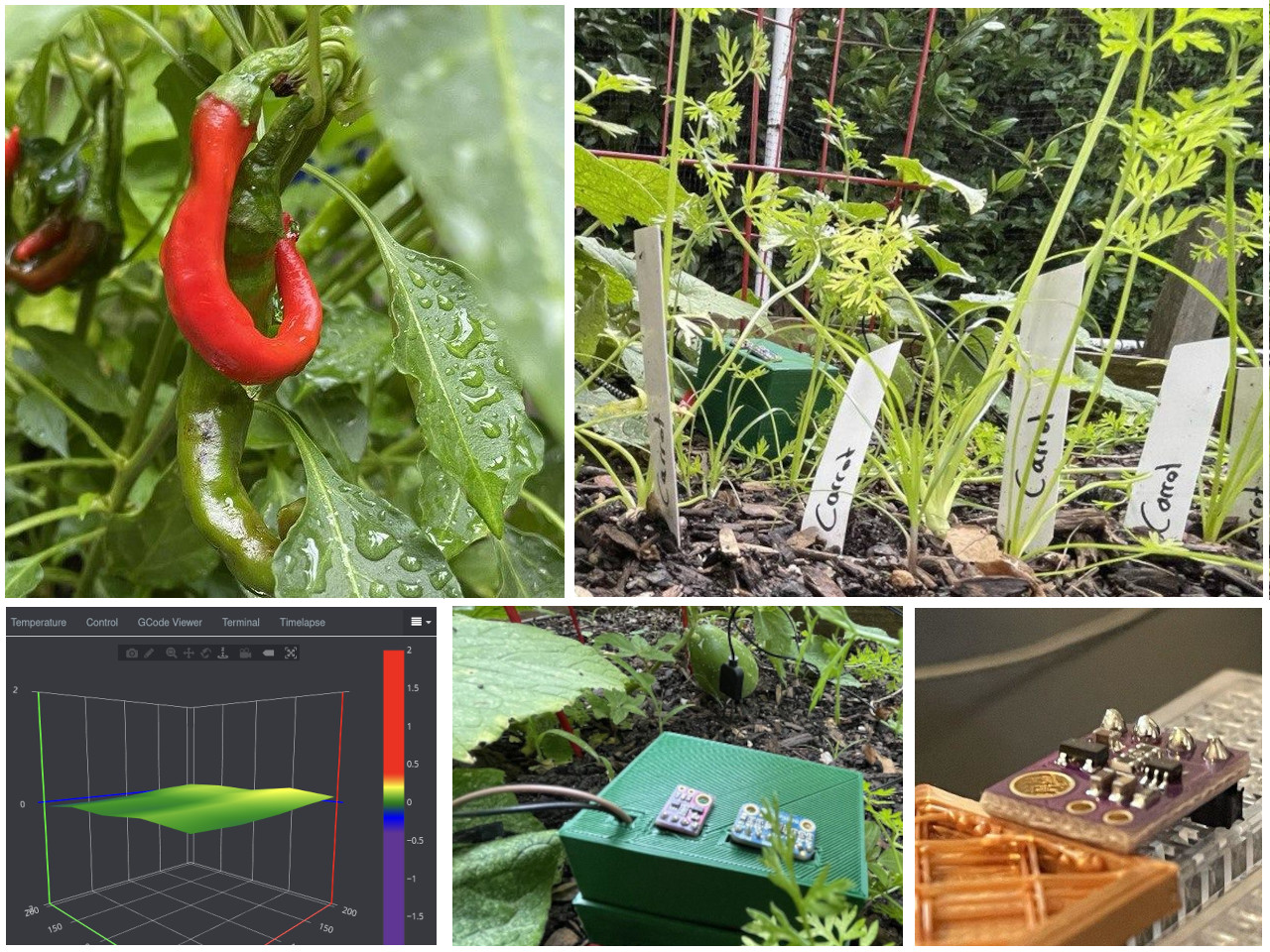
- Raspberry Pi Gardening: Monitoring a Vegetable Garden using a Raspberry Pi - Part 1
2021-04-25: On how growing vegetables is more complicated than it looks, why bad soldering still works, on moving individual bits around, and what I learned about using technology where one probably does not need technology.
pythongoraspberrymakeri2celectronicsspiapirestlow level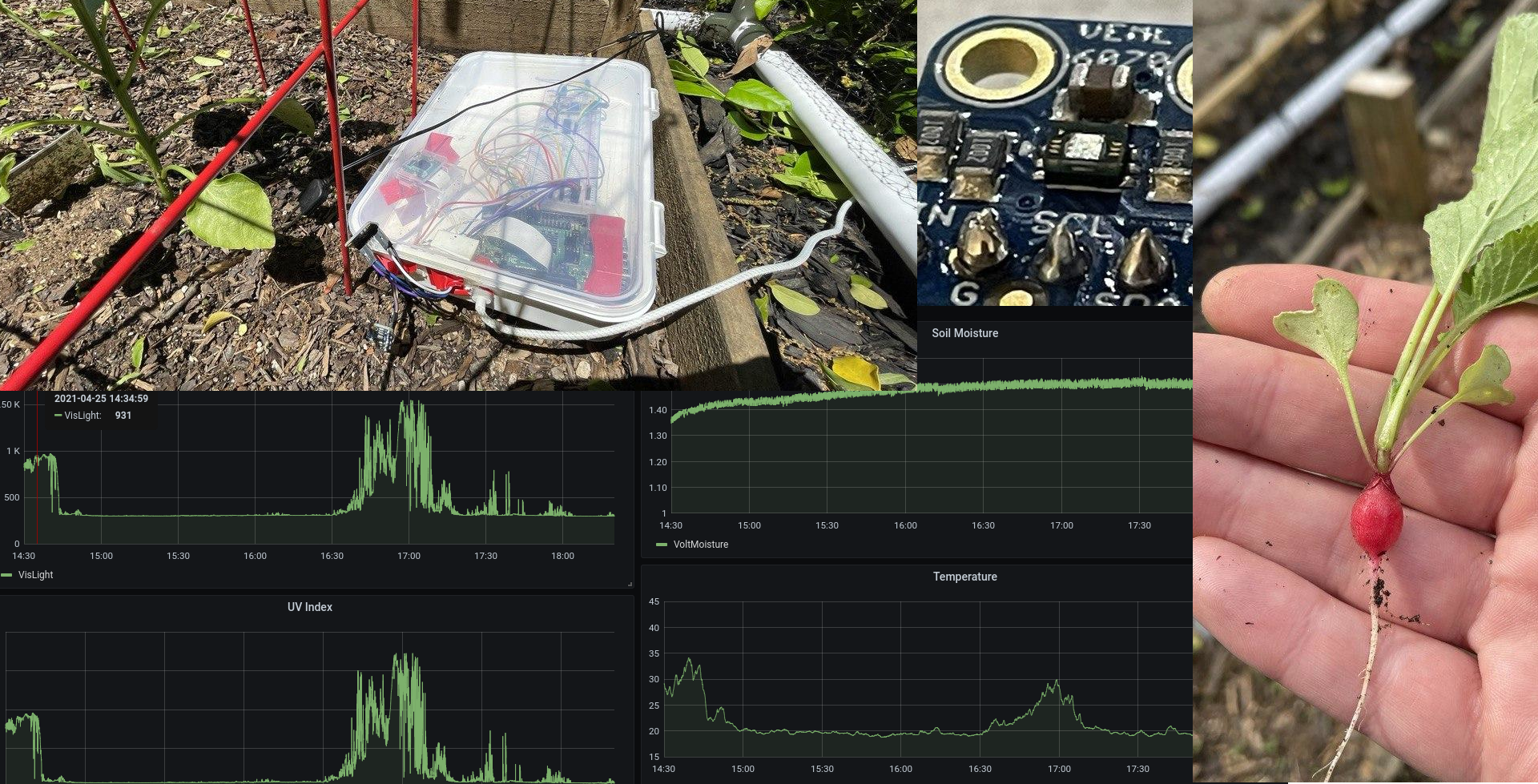
- Bad Data and Data Engineering: Dissecting Google Play Music Takeout Data using Beam, go, Python, and SQL
2021-02-28: On the joy of inheriting a rather bad dataset - dissecting ~120GB of terrible Google Takeout data to make it usable, using Dataflow/Beam, go, Python, and SQL.
data engineeringlinuxbashgopythondataflowbeambig data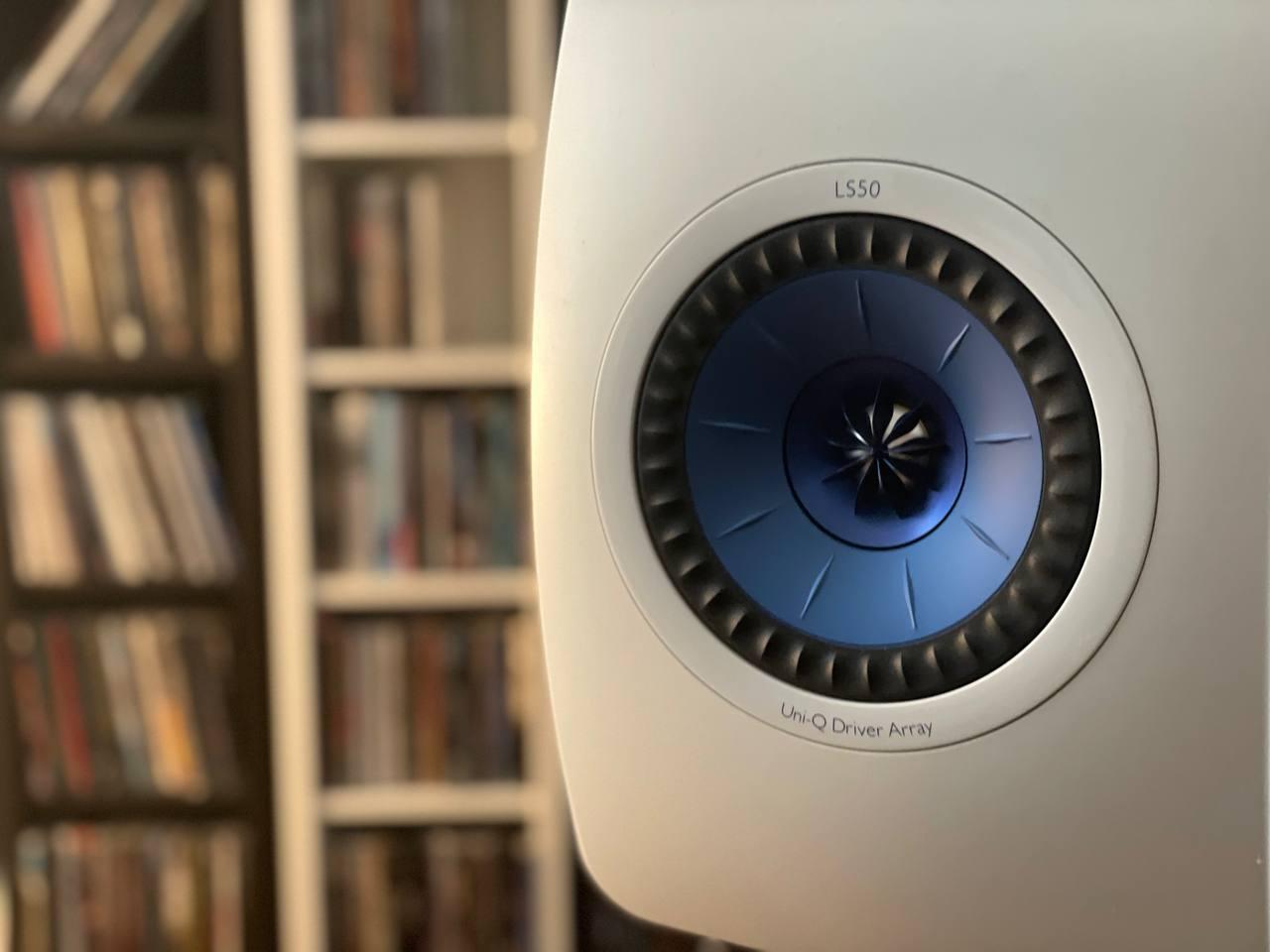
- RE: Throw Away Code? Use go, not Python or Rust!
2020-09-26: Responding to an article on using Rust for throw away code and prototyping: Making a case for go over Rust, Python, and perl.
gorustpythonperlgolangprogrammingbenchmarkingperformancedevelopmentlinux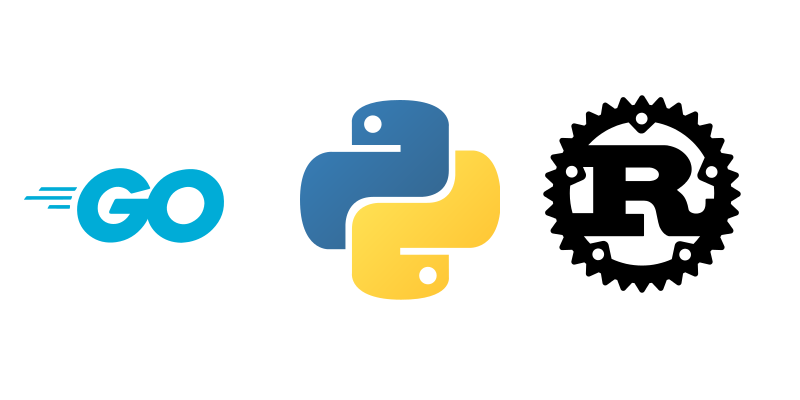
- A Data Engineering Perspective on Go vs. Python (Part 2 - Dataflow)
2020-07-06: In Part 2 of our comparison of Python and go from a Data Engineering perspective, we'll finally take a look at Apache Beam and Google Dataflow and how the go SDK and the Python SDK differ, what drawbacks we're dealing with, how fast it is by running extensive benchmarks, and how feasible it is to make the switch
gogolangpythondataflowbeamgoogle cloudgcpsparkbig dataprogrammingbenchmarkingperformance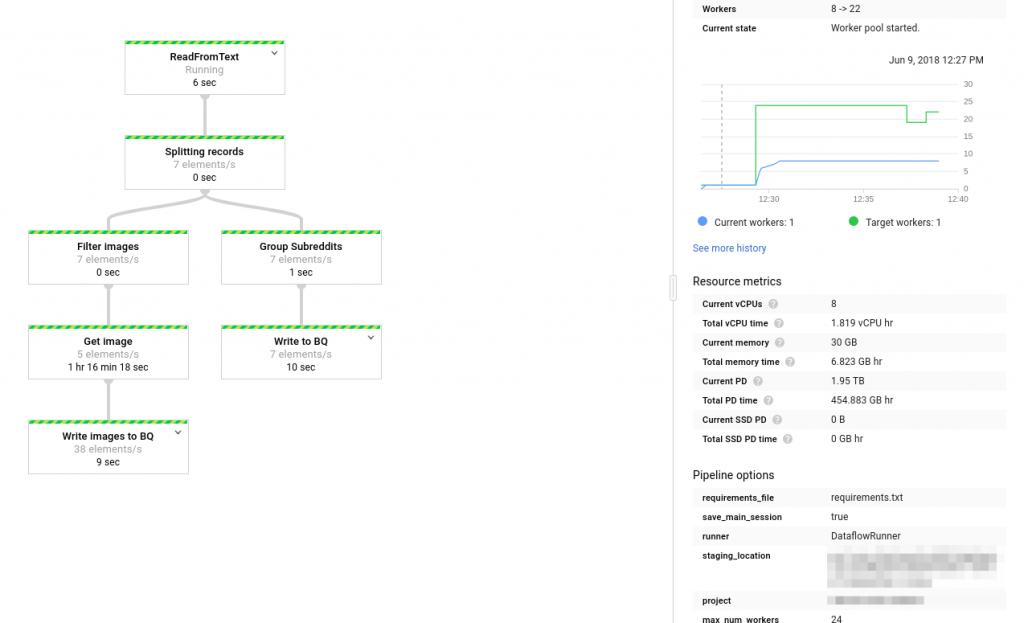
- A Data Engineering Perspective on Go vs. Python (Part 1)
2020-06-11: Exploring golang - can we ditch Python for go? And have we finally found a use case for go? Part 1 explores high-level differences between Python and go and gives specific examples on the two languages, aiming to answer the question based on Apache Beam and Google Dataflow as a real-world example.
gogolangpythondataflowbeamsparkbig dataprogramming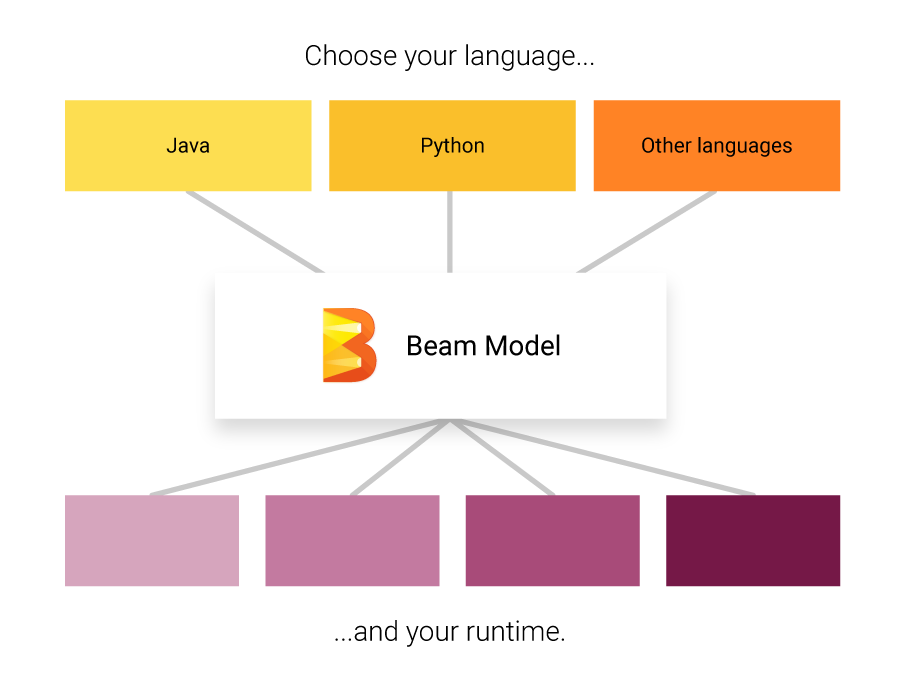
- Tensorflow on edge, or – Building a “smart” security camera with a Raspberry Pi
2019-12-09: The amount of time my outdoor cameras are being set off by light, wind, cars, or anything other than a human is insane. Overly cautious security cameras might be a feature, but an annoying one at that...
big datalinuxmachine learningmakerprogrammingpythonraspberrytensorflowvision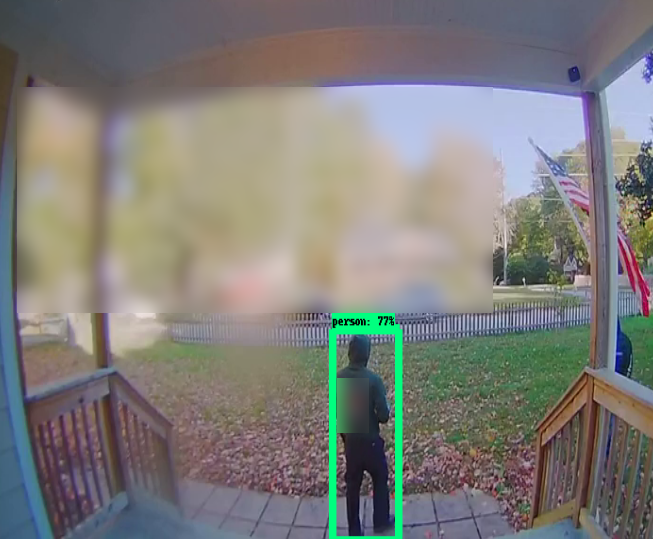
- How I built a (tiny) real-time Telematics application on AWS
2019-08-07: In 2017, I wrote about how to build a basic, Open Source, Hadoop-driven Telematics application (using Spark, Hive, HDFS, and Zeppelin) that can track your movements while driving, show you how your driving skills are, or how often you go over the speed limit - all without relying on 3rd party vendors processing and using that data on your behalf...
awsbashcloudiotkinesislambdalinuxprogrammingpython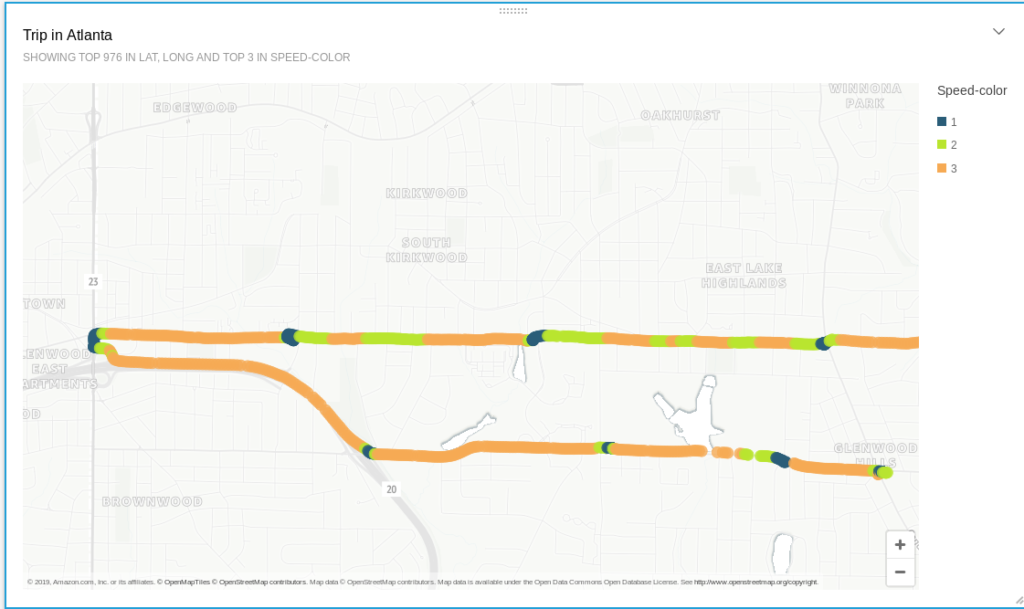
- Analyzing Reddit’s Top Posts & Images With Google Cloud (Part 2 - AutoML)
2018-10-27: In the last iteration of this article we analyzed the top 100 subreddits and tried to understand what makes a reddit post successful by using Google’s Cloud ML tool set to analyze popular pictures.
analyticsautomlbig datacloudgoogle cloudgcpmachine learningprogrammingpythontensorflowvision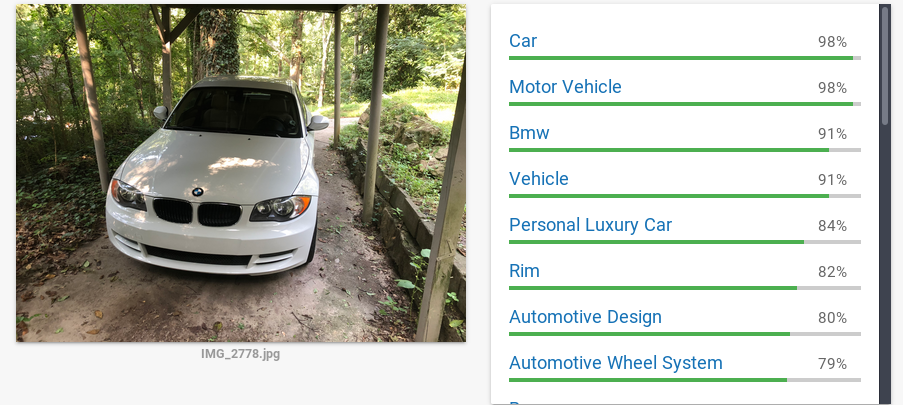
- Analyzing Reddit’s Top Posts & Images With Google Cloud (Part 1)
2018-06-12: In this article (and its successors), we will use a fully serverless Cloud solution, based on Google Cloud, to analyze the top Reddit posts of the 100 most popular subreddits. We will be looking at images, text, questions, and metadata...
analyticsautomlbig datacloudgoogle cloudgcpmachine learningprogrammingpythontensorflowvision